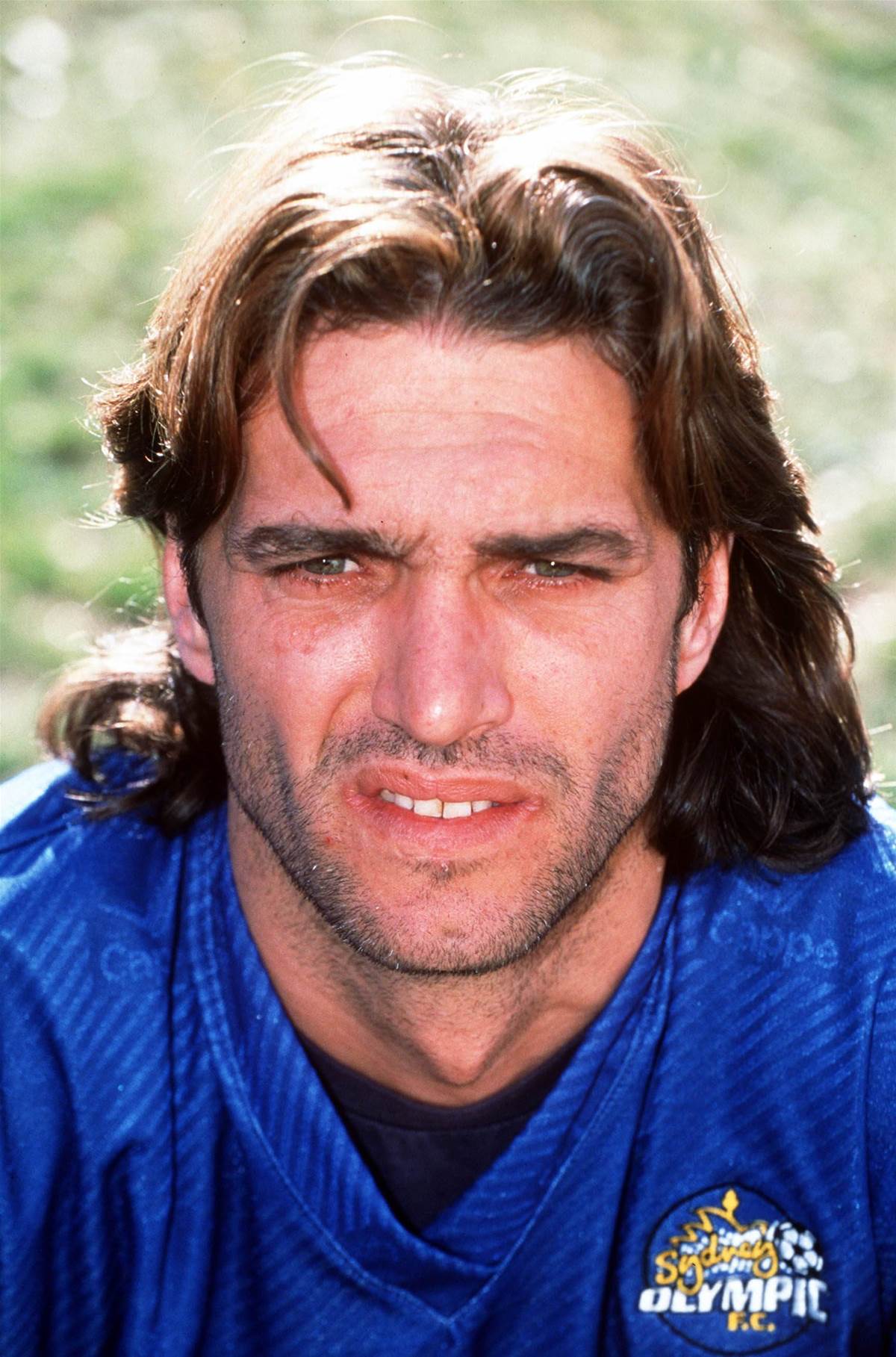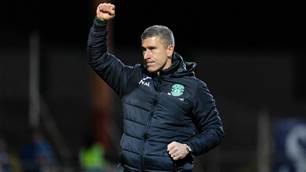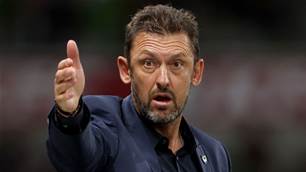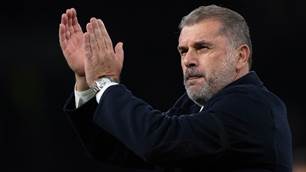Former Socceroo Chris Kalantzis is lucky to be alive after surviving a heart attack. He's now able to tell the tale of how he died and was brought back to life on four occasions.
Kalantzis, 50, played 15 games for the Socceroos and experienced the bright lights of both elite European football and almost dying after surviving a heart attack in Greece last year.

Kalantzis, one of the greatest Australian players of the 80s and 90s, made his debut for former NSL side Sydney Olympic when he was 15 and played in two Grand Finals.
In 1987 he moved to Greece and over the next decade played for powerhouse clubs Panathinaikos and Olympiakos winning league and cup titles.
Kalantzis’ remarkable tale of survival occurred one day after his 50th birthday when soon after seeing a cardiologist he found himself fighting for his life in a hospital on the Greek island of Rhodes.
“I had two blockages in my arteries and when they were trying to put the stents in I passed away four times - back, forward, back, forward,” he said speaking to FourFourTwo.
“I felt very calm, warm. It was like falling asleep and I saw bright lights.
“Then each time I came back I kept on taking really deep breaths because there was no machine to help me with the oxygen or anything, so I had to take my own breaths.
“That was hard coming back from nothing four times.”
This weekend Kalantzis will be a special guest at a Heartbeat of Football (HOF) charity fundraising event that hopes to raise money to have lifesaving defibrillators installed at all sporting venues around Australia.
The not-for-profit was founded by former SBS and Fox Sports football commentator Andy Paschalidis after 12 footballers from NSW died from cardiac related incidents on the football field between 2012 and 2014.
In the last 15 months, seven players from NSW survived heart attacks because of the actions of CPR trained responders who were on hand and also used defibrillators.
Kalantzis said his experience was a cautionary tale for footballers of all ages and he also lauded Paschalidis and HOF’s effort in trying to save lives.
“Obviously it’s a good cause, of course, defibrillators are needed because you don’t know,” he said.
“You could look fit and thin. I wasn’t overweight, I didn’t have high blood pressure and high cholesterol and there you go, a perfect storm.
“I had a bad diet after football, a lot of fried food, sugar, donuts, soft drinks and I’ve stopped all that.
“The surgeon said it’s the biggest fight that I’ll ever have in my life.
"I didn’t really think that I was that bad. I thought that after my holidays I’d go and get a general test, but I almost didn’t make it."
Related Articles

Champion A-League coach set to join Premier League giants

Split decision: Popovic in mix as Hajduk hunt new boss












